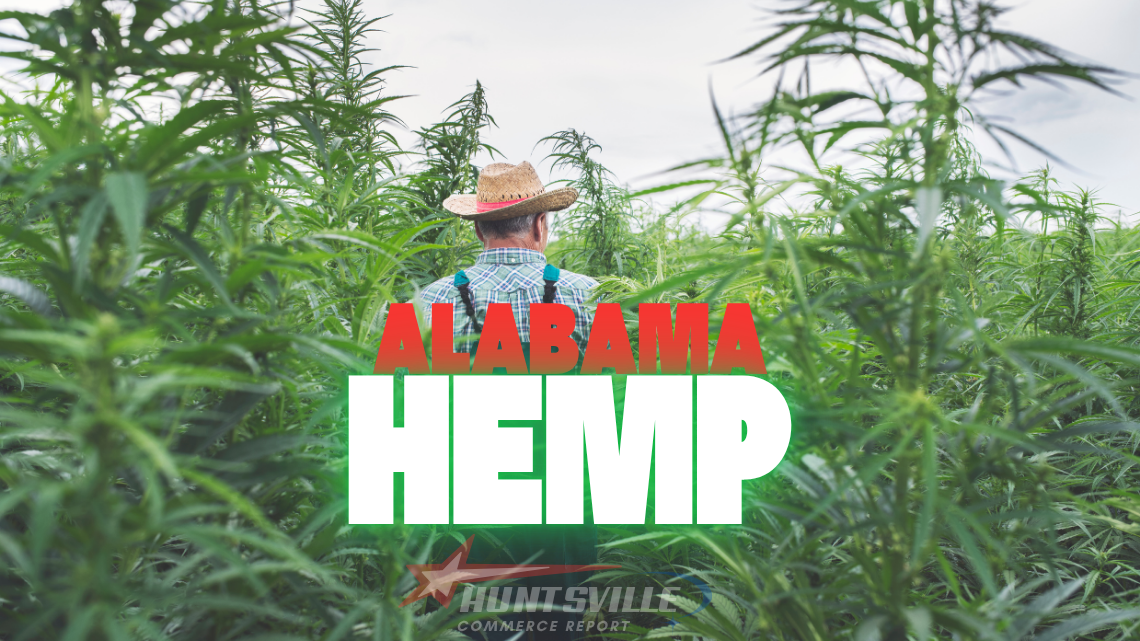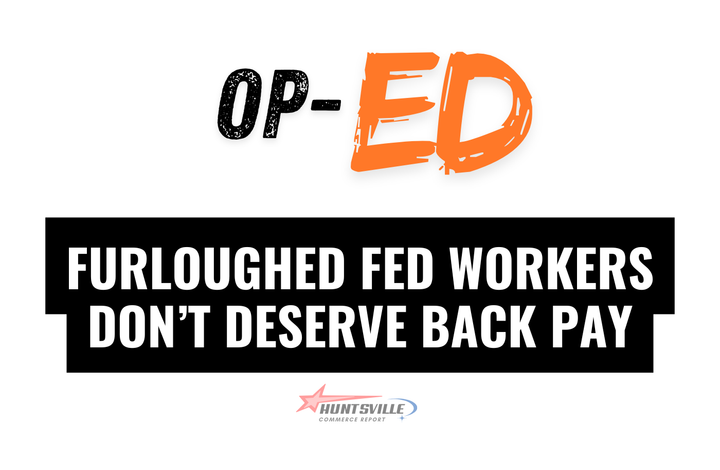Alabama HB445 Hemp Law: A Failure In State Tax Revenue

HUNTSVILLE, Ala. — Alabama’s House Bill 445 (HB445) reshapes the hemp industry with strict regulations which started on July 1, 2025. Signed by Governor Kay Ivey, HB445 aims to protect public safety but risks harming local businesses. In contrast, states like Colorado, Washington, Oregon, Illinois, Michigan, and New York thrive with regulated cannabis markets, generating billions in revenue. This article examines HB445’s impact on Huntsville, the political and cultural factors behind it, and the potential benefits of a legal marijuana industry for Alabama.
Alabama HB445 Hemp Regulations Explained
HB445 regulates hemp-derived THC products under the Alabama Alcoholic Beverage Control (ABC) Board, effective July 1, 2025. It imposes tight controls on Alabama’s hemp market, driven by concerns over unregulated products. Key rules include:
- Smokable Hemp Ban: Smokable hemp, like flowers and vapes, is illegal, with violations deemed a Class C felony, carrying up to 7 years in prison and $7,500 fines, stricter than Alabama’s misdemeanor penalty for marijuana possession.
- THC Caps: Consumable hemp products, such as gummies and beverages, are limited to 10 mg THC per serving and 40 mg per package, forcing manufacturers to reformulate.
- Licensing and Taxes: Businesses need ABC Board licenses ($1,000 yearly) and must pay a 10% excise tax. Only liquor-licensed retailers, specialty hemp shops, pharmacies (for topicals/sublinguals), or large grocery stores (14,000+ square feet) can sell hemp.
- No Online Sales: Direct online sales and home deliveries are banned, restricting market access.
- Delayed Enforcement: Licensing and enforcement start January 1, 2026, creating a six-month gap that confuses businesses.
These rules may reduce revenue and jobs for Huntsville’s hemp retailers. Felony penalties for smokable hemp raise concerns about conflicts with the 2018 Farm Bill, which legalizes hemp with 0.3% or less THC federally, potentially inviting legal challenges similar to past e-cigarette litigation.
Political and Cultural Factors Behind HB445
HB445's passage reflects Alabama’s conservative political and cultural landscape. Politically, the Republican-led legislature prioritized regulation to address unregulated hemp sales in convenience stores, driven by law enforcement and prohibitionist groups concerned about youth access. The bill’s rushed passage, with last-minute Senate changes and limited public input, mirrors Alabama’s history of reactive cannabis policies. Culturally, the state’s conservative values and skepticism of cannabis, rooted in rural and religious communities, view hemp as a potential gateway to marijuana, despite its federal legality. Urban areas like Birmingham advocate for cannabis reform and equity, highlighting a cultural divide. Alabama’s history of strict cannabis enforcement, with over 7,600 arrests for possession in 2022, underscores resistance to liberalization, shaping HB445’s restrictive approach.
Challenges in Alabama’s Medical Marijuana Program
Alabama’s medical marijuana program, authorized by the 2021 Compassion Act (SB 46) and separate from HB445’s hemp rules, remains stalled due to licensing disputes. This delays access to regulated marijuana for patients with conditions like chronic pain or epilepsy. HB445’s hemp restrictions further limit safe alternatives, pushing consumers to unregulated markets.
Cannabis Revenue Success in Other States
States with legal recreational cannabis, including Midwestern and Eastern states, show how regulation drives economic and social benefits. Alabama could learn from their success:
- Tax Revenue: Colorado generated over $2.6 billion in cannabis taxes from 2014 to 2023, funding schools and infrastructure. Washington collected $3.5 billion, with 37% for healthcare. Oregon earned $1.2 billion for education and mental health. Illinois collected $451.9 million in 2022, outpacing alcohol taxes, and Michigan earned $326 million in 2024. New York generated $182 million in 2023 despite a slow rollout. Alabama’s 10% hemp tax under HB445 offers limited revenue with no clear allocation.
- Job Creation: The U.S. cannabis industry supported 440,000 jobs in 2024. Colorado accounts for 35,000 jobs, while Illinois and Michigan added 22,952 jobs. New York’s market could support 133,000 jobs at full capacity. Alabama’s hemp industry sustains businesses, but HB445 may cause closures. A legal marijuana market could create thousands of jobs in Huntsville for cultivation, retail, and testing.
- Public Safety and Equity: Legal states reduce black market risks with tested products. Washington’s strict standards ensure safety, while Colorado and Illinois prioritize minority-owned business licensing. Michigan’s social equity program addresses past cannabis convictions. New York aims for similar equity but faces delays. HB445’s high barriers may limit Alabama’s small businesses, especially in underserved communities.
- Health Access: Regulated cannabis offers safe products for medical patients. Illinois and Michigan have robust medical programs, and New York supports both medical and recreational users. Alabama’s lack of medical marijuana and HB445’s hemp limits increase reliance on unregulated sources.
Huntsville’s Economic Outlook Under HB445
Huntsville and North Alabama's hemp industry faces challenges from HB445. The smokable hemp ban, online sales prohibition, $1,000 licensing fees, and $25,000 surety bond could force small businesses to close or relocate. A regulated marijuana industry, like those in Illinois or Michigan, could create jobs and tax revenue, supporting Huntsville’s tech and innovation growth.
Future Opportunities for Alabama’s Cannabis Industry
HB445’s strict rules and delayed enforcement highlight the need for balanced regulations. Businesses and advocates are exploring legal challenges to the hemp restrictions. A regulated marijuana industry could benefit Alabama by:
- Generating tax revenue for schools, infrastructure, and healthcare.
- Creating jobs in Huntsville and rural areas.
- Ensuring consumer safety with tested products.
- Promoting equity through minority-owned business licensing.
Conclusion
Alabama’s HB445 tightens hemp industry controls, potentially limiting Huntsville and Alabama's economic growth while failing to advance the stalled medical marijuana program. States like Colorado, Washington, Oregon, Illinois, Michigan, and New York show how regulated cannabis drives revenue, jobs, and safety. Alabama could unlock similar benefits for communities like Huntsville by adopting a regulated marijuana market.



